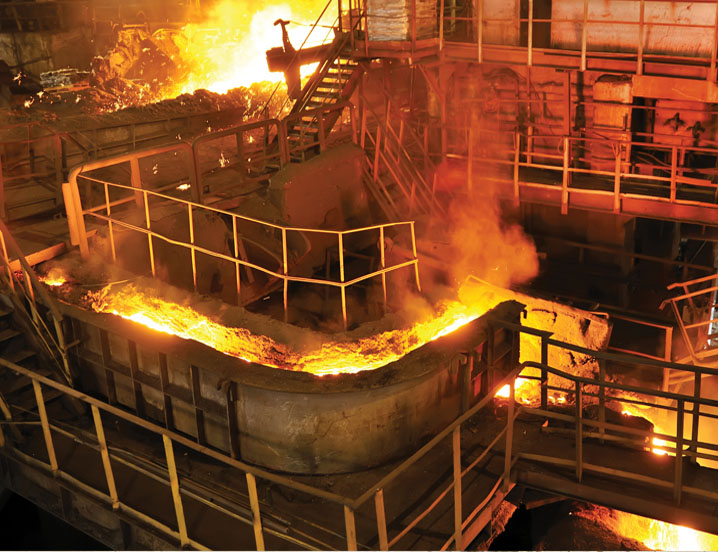A foundry is a place where metal casting takes place, playing a crucial role in manufacturing industries. If you have ever wondered what is foundry and why it is important, understanding the basics can offer valuable insights into how many everyday items are made. Foundries melt metal, pour it into molds, and create solid metal products used in various sectors, from automotive to construction.
Let us delve into the five essential aspects of foundries that everyone should know.
Metal casting specialization
First, foundries specialize in metal casting, a process where molten metal is poured into a mold to form specific shapes. This is a critical step in creating parts and components used in various industries.
Handles various metals
Second, foundries handle different types of metals. Common metals used in foundries include iron, aluminum, copper, and steel. Each metal has unique properties, and the choice of metal depends on the application and desired product characteristics.
Addresses safety concerns
Third, safety is a major concern in foundries. Working with high temperatures and molten metal poses risks, so strict safety protocols are in place to protect workers and ensure smooth operations.
Contribution to recycling
Fourth, foundries contribute significantly to recycling. Many foundries use scrap metal as a raw material, melting it down and giving it new life as a different product. This practice helps reduce waste and supports environmental sustainability.
Essential to industries
Lastly, foundries are essential to many industries. From automotive parts to construction materials, the products made in foundries are integral to our daily lives, providing the components needed to build and maintain modern infrastructure.
To sum up
Foundries are vital to the manufacturing process, producing metal components that are crucial in various industries. Understanding what a foundry does helps appreciate the complexity and importance of metal casting in our everyday lives.


Comments are closed.